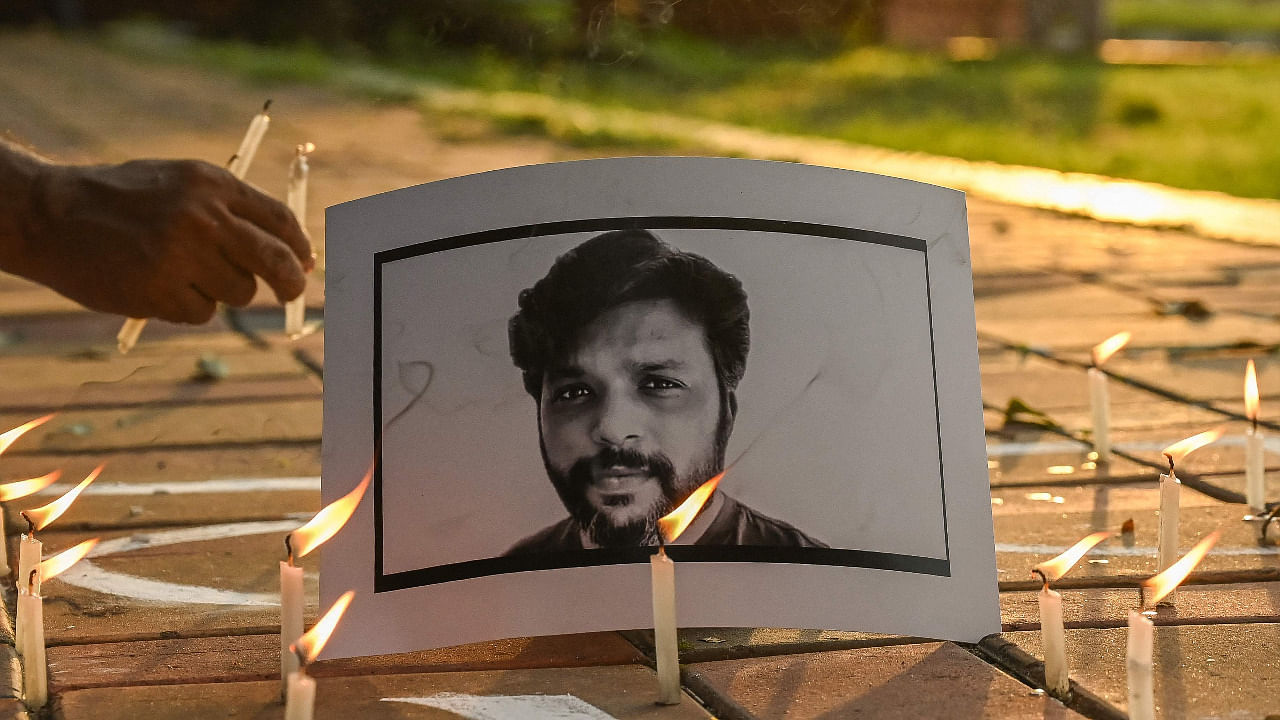
India on Friday raised at the United Nations Security Council the killing of photojournalist Danish Siddiqui near the Afghanistan-Pakistan border.
“We condemn the killing of Indian photojournalist Danish Siddiqui, while he was on a reporting assignment in Kandahar in Afghanistan yesterday,” Foreign Secretary Harsh Shringla said, while making a statement at the UN Security Council on “Protection of civilians in armed conflict: Preserving humanitarian Space”.
Siddiqui, an award-winning photojournalist of Reuters, was killed during an exchange of fire between the soldiers of Afghan National Defence and Security Forces (ANDSF) and the militants of the Taliban at Spin Boldak in the Kandahar district of Afghanistan late on Thursday.
He was covering the war between the ANDSF and the Taliban in Afghanistan over the past few weeks. He was embedded with the special forces of the ANDSF.
The Embassy of India in Kabul is in touch with Afghan Government authorities to bring back the mortal remains of Siddiqui, who was based in New Delhi, a source said, adding that the Taliban had handed over his body to the International Committee of the Red Cross.
The government has been in touch with the family of the slain photojournalist and is facilitating the return of the body in coordination with the authorities in Kabul and the ICRC.
The Foreign Secretary told the UN Security Council that the humanitarian law principles found their existence in India long before modern humanitarian jurisprudence evolved. India had followed the path of ‘Dharma’ or ‘Righteous Conduct’ and provided refuge to persecuted people over centuries.
“The Dharma-based norms for armed conflict in ancient India were founded on the principle of humanity and humanitarian norms and had many rules protecting civilians during conflict,” said Shringla, adding: “High importance was attached to distinguishing combatants and non-combatants during armed conflicts. In a "Dharma-yuddha” or ‘Righteous War”, civilians were not attacked. On the contrary, they had to be protected.”
Check out DH's latest videos:
